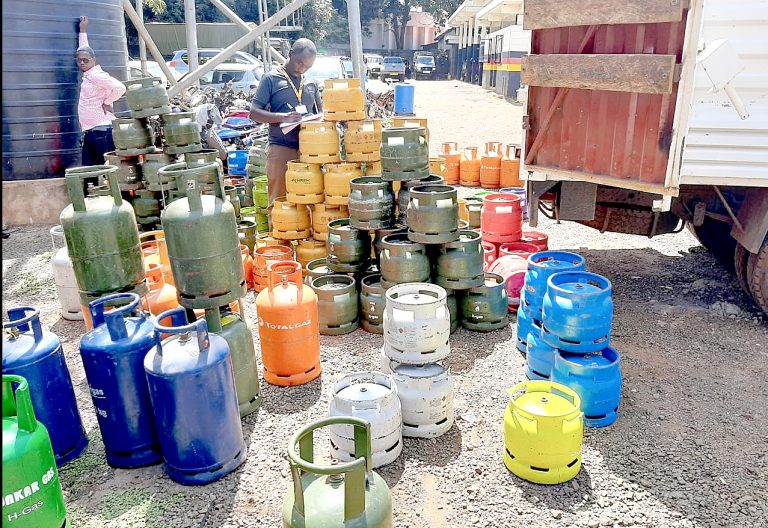Kenya must do more to crush the counterfeit menace
By David Kipkorir, June 12, 2025The counterfeit trade in Kenya has metastasised into a full-blown economic and social crisis, bleeding the nation over Ksh800 billion annually in losses.
This staggering figure, equivalent to nearly 10 per cent of Kenya’s GDP, is not just a statistic – it’s a screaming indictment of the government’s lethargy in confronting a scourge that undermines businesses, endangers lives and erodes public trust.
The Kenya Association of Manufacturers and the Anti-Counterfeit Authority have repeatedly sounded the alarm, yet the government’s response remains maddeningly tepid.
It’s high time the Kenyan state woke up, shed its bureaucratic inertia, and launched a relentless, coordinated assault on this illicit trade before it chokes the life out of the nation’s economy.
Counterfeit goods – ranging from fake pharmaceuticals and alcohol to substandard electronics and agricultural inputs – are flooding Kenyan markets with impunity.
The Kenya Revenue Authority (KRA) estimates that illicit trade, including counterfeits, accounts for a loss of Ksh800 billion annually in tax revenue and legitimate business income.
This is money that could fund schools, hospitals, and infrastructure – public goods that Kenyans desperately need.
Instead, it’s lining the pockets of shadowy cartels that operate with audacious disregard for the law. The government’s failure to act decisively is not just negligence; it’s complicity in allowing these criminals to thrive.
The human cost is even more chilling. Counterfeit medicines, which the World Health Organisation estimates make up 20 per cent of Kenya’s pharmaceutical market, are a death sentence for unsuspecting citizens.
Fake antimalarials, antibiotics, and even cancer drugs have flooded hospitals and pharmacies, putting lives at risk.
Recently, the Pharmacy and Poisons Board reported seizing counterfeit drugs worth Ksh2 billion, a drop in the ocean compared to the scale of the problem.
Every fake pill swallowed is a preventable tragedy, yet the government dithers, issuing press releases while Kenyans die.
The illicit alcohol trade is no less deadly – counterfeit brews laced with methanol have killed hundreds, from the slums of Nairobi to rural villages.
Where is the outrage? Where is the urgency?
Legitimate businesses, the backbone of Kenya’s economy, are being crushed under the weight of this menace.
The Kenya Association of Manufacturers reports that 40 per cent of its members have seen their market share eroded by counterfeit goods, which are often sold at a fraction of the price due to tax evasion and substandard production.
Small and medium enterprises, already struggling with high taxes and inflation, are being driven to the brink of collapse.
Jobs are lost, innovation is stifled, and investor confidence is shattered. Why would any serious investor pour money into a country where fake goods can undercut legitimate products with such ease?
The government’s inaction is not just an economic failure; it’s a betrayal of the entrepreneurial spirit that drives Kenya forward.
The Anti-Counterfeit Authority (ACA), established under the Anti-Counterfeit Act of 2008, was meant to be the spearhead in this fight. Yet, it remains woefully underfunded and understaffed, a toothless watchdog barking at a tsunami of fakes.
The ACA’s 2024 annual report revealed that it seized goods worth Ksh3.4 billion, a commendable effort but a fraction of the estimated Ksh800 billion market.
Without robust funding, advanced technology, and a clear mandate to prosecute, the ACA is fighting a losing battle.
The government must empower this agency with the resources and authority it needs to strike fear into the hearts of counterfeiters.
The writer is a Communication Consultant
